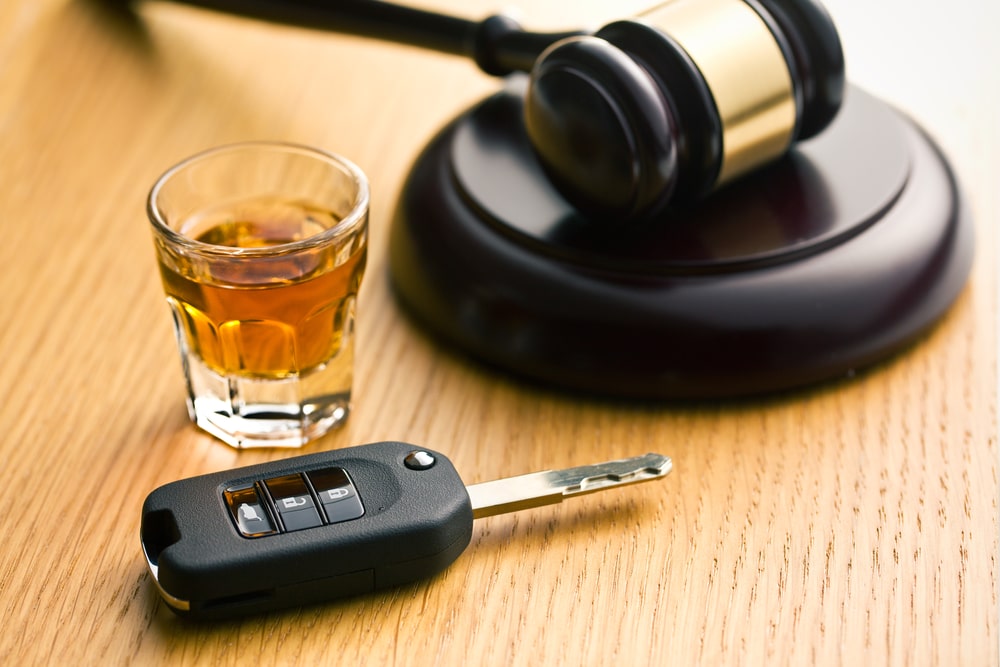Field sobriety tests (FSTs) are standardized assessments used by law enforcement officers to gauge a driver’s level of impairment due to alcohol or drugs during a traffic stop. These tests are designed to help officers determine whether there is probable cause to make an arrest for driving under the influence (DUI) or driving while impaired (DWI).
The Purpose Of Field Sobriety Tests
Field sobriety tests serve as tools for law enforcement officers to assess a driver’s physical and cognitive abilities. These tests are conducted at the scene of a traffic stop to help officers determine if there is reasonable suspicion to believe that the driver is under the influence of alcohol or drugs.
It’s important to note that FSTs are voluntary, meaning you have the right to decline to perform them without legal consequences. However, officers may not always explicitly inform you of this right, so it’s crucial to be aware of your options during a traffic stop.
Common Types Of Field Sobriety Tests
While there are numerous field sobriety tests, three are recognized as standardized and widely used by law enforcement agencies:
Horizontal Gaze Nystagmus (HGN) Test:
- Purpose: The HGN test is designed to detect involuntary eye movements (nystagmus) that can be indicative of alcohol or drug impairment.
- Procedure: The officer will ask you to follow a small object (such as a pen) with your eyes while they move it horizontally. They will observe your eyes for signs of nystagmus, such as jerking or bouncing.
- Interpretation: If the officer observes distinct nystagmus at certain angles, it may suggest impairment. However, other factors can cause nystagmus, and the test is not foolproof.
Walk-and-Turn Test:
- Purpose: The walk-and-turn test assesses your ability to follow instructions and maintain balance, both of which can be affected by impairment.
- Procedure: You will be asked to take nine heel-to-toe steps along a straight line, turn around, and take nine heel-to-toe steps back while counting the steps aloud. The officer will watch for specific indicators of impairment, such as loss of balance or inability to maintain heel-to-toe contact.
- Interpretation: Failing to perform the test as instructed can be seen as evidence of impairment. However, various factors, including nerves or physical conditions, can affect your performance.
One-Leg Stand Test:
- Purpose: The one-leg stand test evaluates your ability to balance and follow instructions while standing on one leg.
- Procedure: You will be asked to raise one leg about six inches off the ground while keeping the other foot parallel to the ground. You will then count aloud for a specific duration while maintaining your balance.
- Interpretation: Swaying, hopping, or putting your foot down before the instructed time may be seen as signs of impairment. However, physical conditions or nerves can impact your performance.
Understanding Your Rights During A Traffic Stop
It’s crucial to understand that participation in field sobriety tests is voluntary. While an officer may request that you perform these tests, you have the right to decline without facing immediate legal consequences. Politely informing the officer that you choose not to participate in the tests is within your rights.
Additionally, it’s advisable to exercise your right to remain silent and consult with an attorney before answering any questions related to alcohol or drug consumption. Anything you say or do during a traffic stop can be used against you in a court of law, so it’s essential to be mindful of your responses.
In any encounter with law enforcement officers, it’s essential to be aware of your rights and exercise them when necessary. If you find yourself in a situation where you are asked to perform field sobriety tests, remember that they are voluntary, and you have the right to decline without immediate legal consequences.
Call Our Office For Legal Help
If you have been charged with DUI, it’s vital to seek legal representation from an experienced Charleston, SC DUI lawyer who can assess the circumstances of your arrest, challenge the validity of field sobriety tests, and build a strong defense on your behalf. Call Joe Good, Attorney at Law today to ensure your rights are protected.


